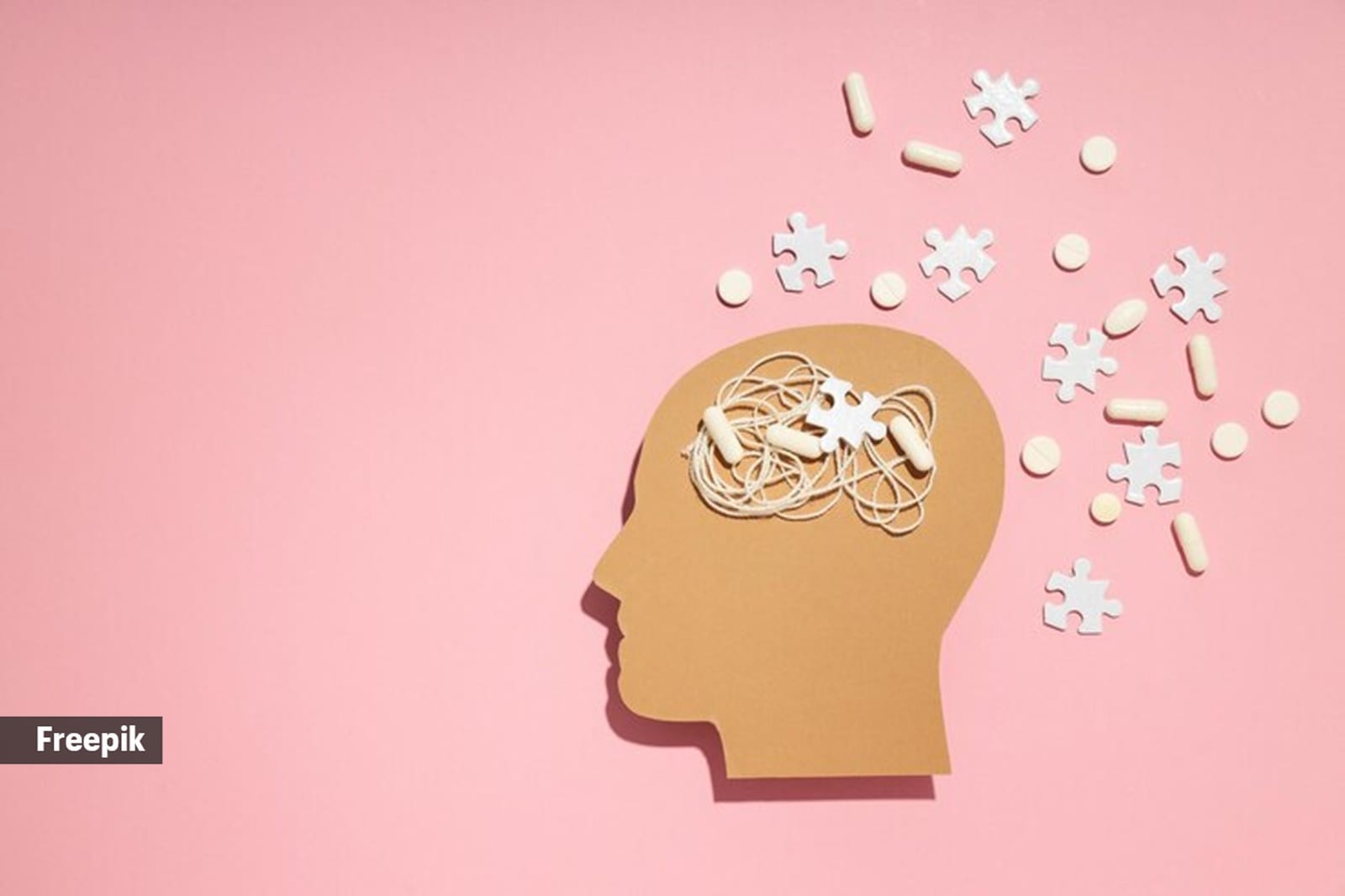Imagine waking up after days or even weeks, only to find out you’ve been in a deep, unshakable slumber. For individuals with Kleine-Levin Syndrome (KLS), this is a haunting reality. Known as ‘Sleeping Beauty Syndrome,’ KLS is an extremely rare neurological disorder that causes recurring episodes of excessive sleep, often accompanied by unusual behaviour, cognitive changes, and altered perception.
This was highlighted by Dr Sermed Mezher in a recent reel posted on Instagram, “People with KLS experience recurring episodes where they sleep excessively, sometimes up to 20 hours a day, for weeks at a time — cases of individuals sleeping for 32 days or more have been documented,” he captions the post.
While the condition might sound like something out of a fairy tale, its impact is anything but whimsical.
Common symptoms of KLS
Dr Chandril Chugh, the director of Good Deed Clinic and a senior consultant neurologist, tells indianexpress.com, “Kleine-Levin Syndrome is a rare neurological disorder. Its hallmark symptom is recurring episodes of hypersomnia, during which individuals sleep excessively (up to 20 hours a day) for days or weeks at a time.”
Other common symptoms include:
-Cognitive impairment: Difficulty concentrating, confusion, and a dreamlike state.
-Behavioural changes: Irritability, apathy, and mood swings.
-Altered appetite and libido: Increased eating (often high-carbohydrate foods) or heightened sexual drive.
-Disorientation: Patients may appear childlike or detached from reality.
“KLS differs from other sleep disorders like narcolepsy or insomnia due to its episodic nature, associated behavioral and cognitive symptoms, and the long periods of normalcy between episodes,” adds Dr Chugh.
Theories about causes and rarity
Dr Chugh informs, “KLS is rare, with an estimated prevalence of 1 to 5 cases per million people, possibly due to underdiagnosis or the unique combination of symptoms that make it difficult to identify.”
The exact cause of KLS is unknown, but according to Dr Chugh, current theories suggest:
Story continues below this ad
Dysfunction in the hypothalamus: This brain region regulates sleep, appetite, and body temperature.
Autoimmune response: KLS may follow infections, implying the immune system might mistakenly attack brain cells.
Genetic predisposition: Cases clustering in families hint at a genetic component, though no specific gene has been identified.
 KLS is rare, with an estimated prevalence of 1 to 5 cases per million people, possibly due to underdiagnosis or the unique combination of symptoms (Source: Freepik)
KLS is rare, with an estimated prevalence of 1 to 5 cases per million people, possibly due to underdiagnosis or the unique combination of symptoms (Source: Freepik)
Diagnosis and challenges
Diagnosing KLS is challenging because no specific test or biomarker exists. Dr Chugh says that doctors rely on clinical observation, patient history, and exclusion of other conditions, such as:
-Neurological disorders: Epilepsy or brain tumours.
-Psychiatric conditions: Depression or bipolar disorder.
-Other sleep disorders: Narcolepsy or idiopathic hypersomnia.
Story continues below this ad
“Challenges include the rarity of the disorder, lack of awareness among healthcare providers, and the episodic nature of symptoms, which may be mistaken for psychological or behavioural issues,” he mentions.
Treatment and management
There is no definitive cure for KLS, but several strategies can help manage symptoms, according to Dr Chugh, including:
Medications: Stimulants like modafinil or amphetamines may reduce sleepiness during episodes. Mood stabilizers or antipsychotics might help with behavioral symptoms.
Supportive care: Ensuring safety during episodes, maintaining a consistent sleep routine, and offering psychological support for patients and families.
Story continues below this ad
Lifestyle adjustments: Identifying and avoiding potential triggers, such as stress or infections, may help reduce episode frequency.
DISCLAIMER: This article is based on information from the public domain and/or the experts we spoke to. Always consult your health practitioner before starting any routine.



